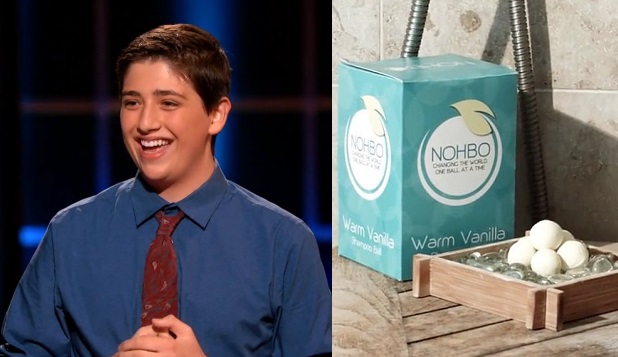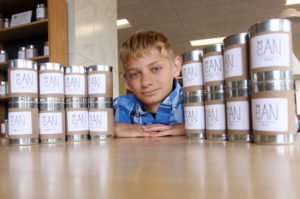Blake Ross is one fiery topic. From the age of fourteen, he was already making big moves. He joined the likes of Netscape as an apprentice then went onto Stanford. His idea first hit the market in November 2004 when Blake was only nineteen years old. He began his endeavor to help his mother overcome her frustration with Internet Explorer. She was upset with its poor performance and how she could not book mark her favorite sites and it was riddled with pop-up ads. Viruses often plagued Mrs. Blake’s computer as well. Ross then took to learning programming for himself so he could one day fix those problems. At the age of only 10 he made his first website. In 1998, Netscape released its code to open source and allowed anyone to tamper with it. Firefox was then born from the ashes. Less than a year after its initial launch Firefox had been downloaded more than 100 million times and was soon threatening the big fish like Internet Explorer. Because Firefox was open source, thousands of programmers worked together to bring it to life and bring innovation to the website. Although not taking over Internet Explorer, it is still used by a mass audience. StatCounter released data stating that in 2010 32% of internet users around the world used Firefox compared to Internet Explorer’s 49%. Blake Ross has a net worth of 150,000,000 dollars today and is a pristine example of the millennial entrepreneur.








